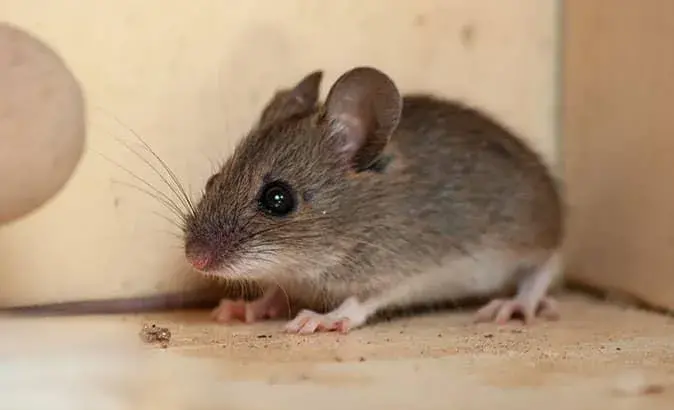Hantavirus is a serious and potentially deadly virus that poses a significant health risk to residents of the Western United States. Carried primarily by rodents, this virus can lead to severe respiratory infections and has been a cause of concern for public health officials in recent years. At Sprague, we work to keep our customers protected for all pest-carried illnesses, including hantavirus.
Hantavirus Transmission through Rodents
Hantaviruses are primarily transmitted through the droppings, urine, and saliva of infected rodents. The virus enters the human body when these contaminated materials are inhaled or come into direct contact with open wounds or mucous membranes. Several rodent species, including deer mice, cotton rats, and rice rats, are known carriers of hantavirus. These rodents are common in rural and semi-urban areas of the Western United States, making the region particularly vulnerable to hantavirus outbreaks.
Impact in the Western United States
While hantavirus infections are relatively rare, they are potentially life-threatening, with a mortality rate of around 38%. Hantavirus has had a significant impact on public health in the Western United States. Early detection and proper medical treatment are crucial for increasing the chances of survival. Prevention efforts are also essential in reducing the risk of exposure to hantavirus.
Since its discovery in 1993, there have been numerous outbreaks, particularly in states like Arizona, New Mexico, Colorado, and California. The symptoms of hantavirus infection can initially resemble those of the flu, making it challenging to diagnose in its early stages. However, as the disease progresses, it can lead to severe respiratory distress and, in some cases, even death.
Preventing Rodent Encounters
Our team of experts at Sprague have honed our Integrated Pest Management (IPM) programs to effectively combat rodents and the diseases they carry, including hantavirus. Here’s how we protect businesses, employees, and customers from these threats:
- Comprehensive Inspections: We conduct meticulous property inspections, identifying any signs of rodent infestations to create targeted strategies for control and prevention.
- Rodent Exclusion: Our specialized exclusion methods ensure entry points are sealed, preventing rodents from accessing buildings and reducing the risk of disease transmission.
- Monitoring: We utilize advanced monitoring systems, such as bait stations, to detect early signs of pest activity and allow us to respond quickly to any beginning threats.
- Sanitation and Disinfection: In areas where rodents have been present, we follow stringent protocols to sanitize and disinfect, ensuring the elimination of health hazards.
Hantavirus remains a serious concern for public health in the Western United States. As a virus carried primarily by rodents, it poses a risk to businesses and customers alike. However, partnering with a company like Sprague, communities can proactively protect themselves from rodent infestations and the potential transmission of hantavirus. By employing proper prevention and control measures, we can effectively mitigate the threat and ensure a safer living environment for everyone. Remember, early detection, proper sanitation, and professional pest management are the keys to safeguarding against hantavirus and other rodent-carried illnesses.

